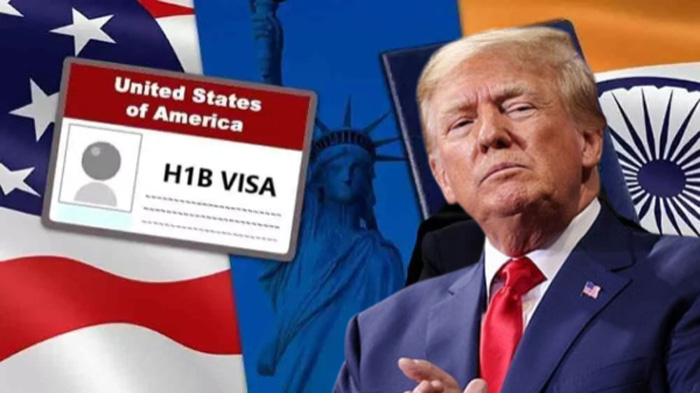Trump admin suspends important immigration helpdesk: Will Indian nationals on H-1B and F-1 visas suffer?
The Trump administration has reportedly placed the staff of the Office of the Citizenship and Immigration Services (CIS) Ombudsman on a 60-day administrative leave.
According to Business Today, many legal experts believe the March 21 move by the Department of Homeland Security (DHS) could be a step toward dismantling the independent immigration oversight body. The move also affected the Office for Civil Rights and Civil Liberties and the Office of the Immigration Detention Ombudsman.
According to the DHS, it took the step as part of a broader effort to streamline operations. However, it has not explained how future or ongoing immigration cases will be handled without the Ombudsman’s involvement.
How will the step affect the Indian diaspora?
Indian nationals in the US on H-1B and F-1 visas, and green card applicants, may be particularly affected by the closure. These groups have historically relied on the CIS Ombudsman to resolve delays in visa processing, as well as bureaucratic roadblocks. The office, which was known for its independence from the US Citizenship and Immigration Services (USCIS), assisted around 30,000 people annually.
The move has been slammed by the American Immigration Lawyers Association (AILA) and other advocacy groups. They have warned that the removal of the neutral watchdog could lead to unchecked administrative power over immigration matters. In the absence of the Ombudsman, immigrants are being asked to contact congressional representatives or advocacy groups. Many believe these resources may not offer the same level of expertise or impartiality. Democratic lawmakers have called out the move, pointing out that one of the affected offices, the Office for Civil Rights and Civil Liberties, is required to exist by law.
What can affected immigrants do?
Individuals affected by the move have been urged to do the following:
They can get in touch with their congressional representative to request assistance with delayed or disputed USCIS cases.
To seek professional guidance, they can talk to immigration attorneys.
They must maintain detailed records of all interactions with USCIS.
To avoid delays, they can consider premium processing, provided it is available and affordable.


Comments are closed.